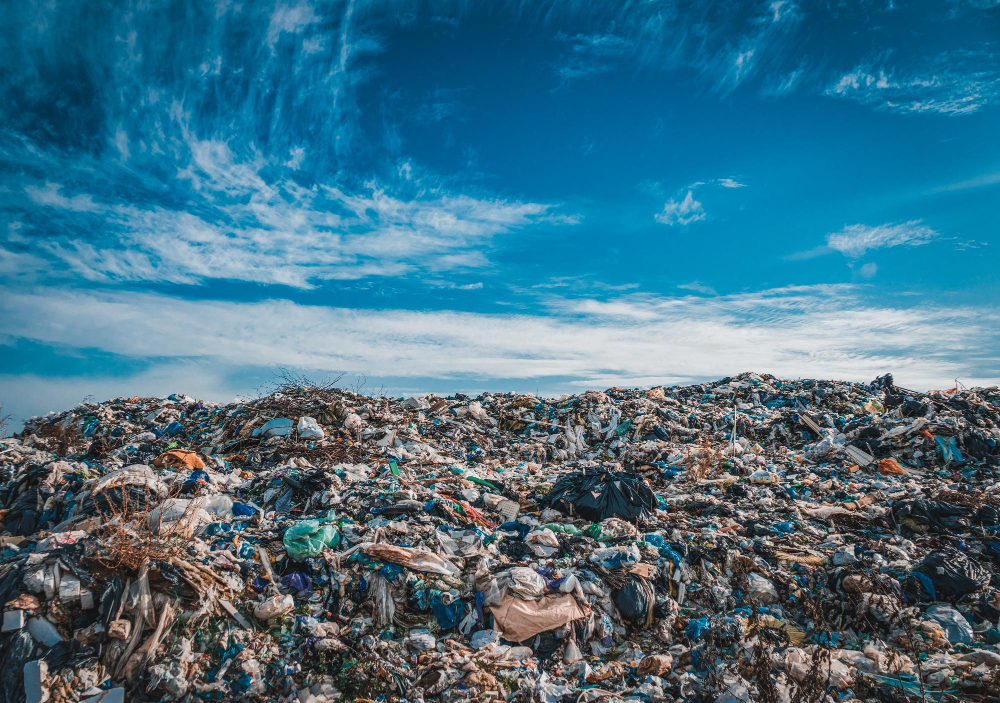Recycling metal is an important part of the waste management process. It helps to reduce the amount of waste metal that would otherwise be sent to landfills. It’s important to know the different ways that metals can be recycled, as well as how many times a particular type of metal can be recycled before it becomes unusable. By understanding these processes, we can ensure that our waste metals are being put to good use and helping us create new products from existing materials.
How is metal recycled?
Metal recycling is an important process that helps conserve natural resources and reduce the amount of waste generated. It involves many steps, first of all, the metals are sorted and separated so that they can be shredded into smaller pieces for easier melting. This process also ensures the removal of any non-metal materials. Separating the metal helps reduce remissions, conserve energy and decrease the time it takes to melt the metal.
Melting is the next step, this process is done in a high temperature furnace, the metals will be melted to a liquid form. Once the liquids are melted they will be shaped into metal ingots and purified to remove any impurities. These ingots will then be sent off to various places, from factories to construction sites to be formed into new items.
What metals can be recycled?
Many aren’t aware that most metals can actually be recycled. One study noted that in the UK the most popularly recycled metals are iron and steel, but almost all metals are recyclable,
Metals such as aluminium, brass, bronze, cast iron, copper, and steel are frequently recycled, although there are a few metals that can’t be recycled, these generally include hazardous properties that aren’t usually seen in household products.
Advantages to Recycling Metals
Recycling metals offers significant advantages for both the environment and economy. By recycling metals, we can help reduce the amount of landfill waste, protect natural resources and save energy. Recycling also has economic benefits, as it is often cheaper to produce products from recycled metals than from new materials. Furthermore, recycling metals is an endless process – they can be recycled multiple times without any loss of quality. This helps to reduce our dependence on finite resources while also providing environmental benefits such as reducing air and water pollution caused by mining activities.
Less Landfill
It can take metals 50 to 500 years to biodegrade, this is why recycling metals is a must. Sending less to landfills has a host of benefits, by recycling metals we are ensuring that there is less pollution, and therefore less of an impact on the environment.

Protect natural resources
As virtually all metals are recyclable this means we save on using natural resources and can instead recycle and reuse metals we have already gained. This not only helps in protecting the environment and habitats but also reduces CO2 emissions by 52%. Furthermore, by not mining as much for metals we are persevering our natural resources.
Economic benefits
As well as environmental benefits there are also a range of benefits to the economy. Recycling metal is a lot cheaper than mining ore and making it into usable materials. As mentioned previously, the process of recycling metals is very quick. Additionally, this process will create jobs for a lot of people.
Final thoughts
Metal is one of the best materials to recycle because of the amount of times the process can be done. While there are metals that will degrade overtime from being recycled (such as aluminium) this will likely only result in a loss of quality. But ultimately, metals can be recycled again and again.
Doing so benefits the environment, our economy and ensures that we are protecting our natural resources. When it comes to recycling metals we encourage you to do it!





